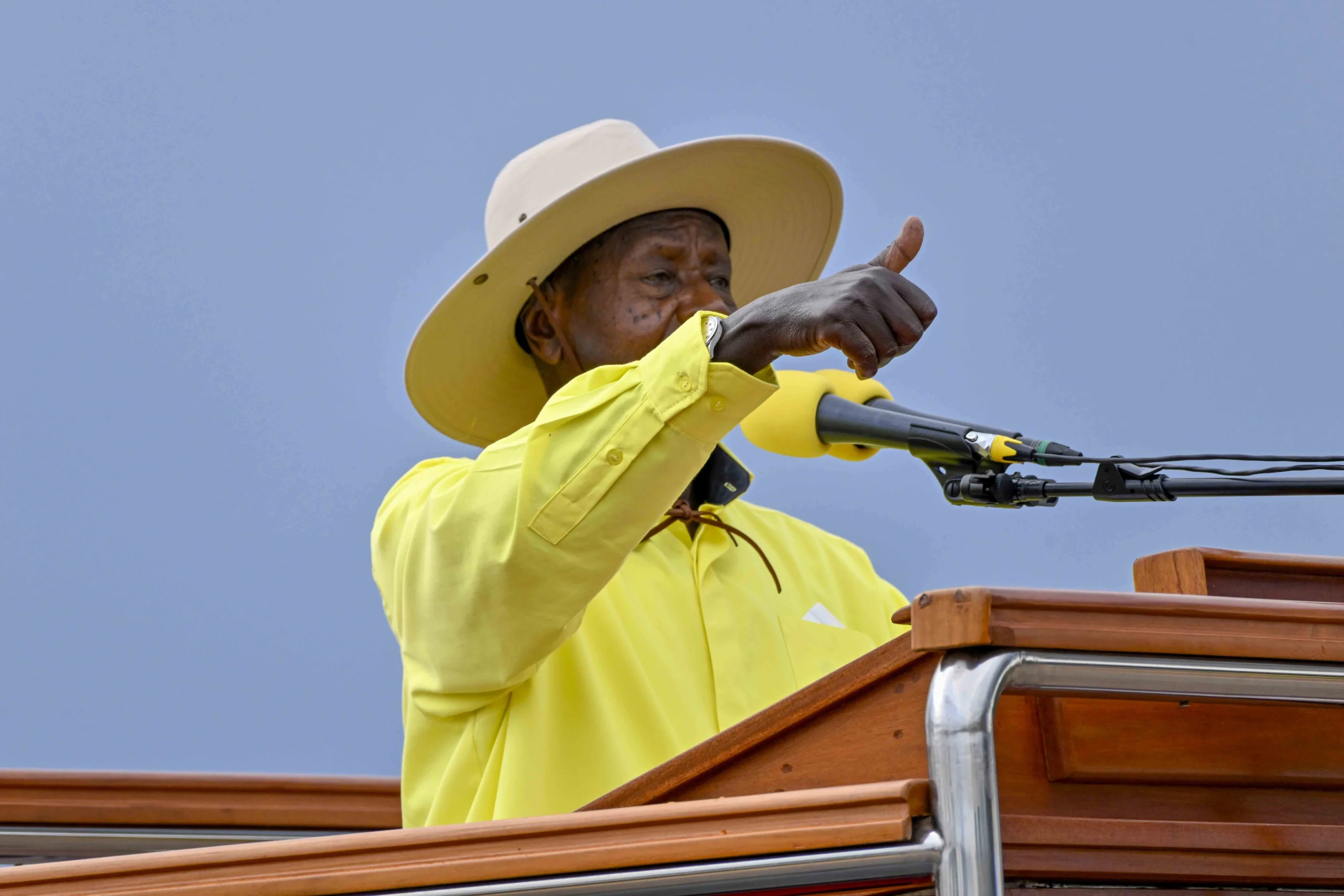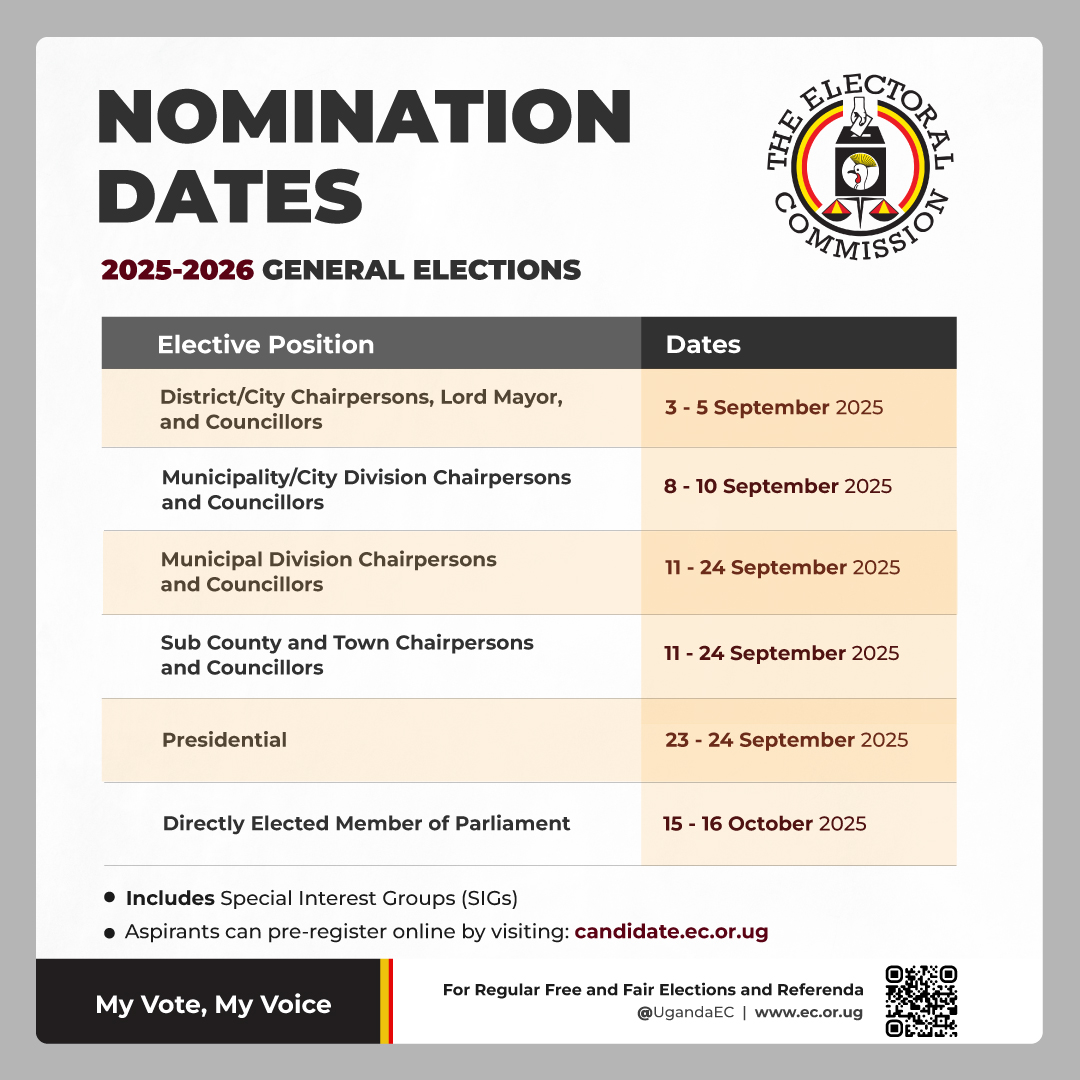This article delves into the internal tensions within Uganda’s National Unity Platform (NUP), offering a critical examination of how political indiscipline can fracture youthful political movements. Drawing on global parallels—from Kenya to Bulgaria—it explores the strengths and limitations of youth-led parties and proposes strategies for sustaining cohesion and ideological clarity. In an era where generational change is redefining political engagement, the piece underscores the urgent need for discipline, structure, and foresight in emerging democracies.
In any democracy, political parties serve as the principal vehicles of ideological articulation, electoral mobilization, and governance continuity. The cohesion and internal discipline of these parties are not merely administrative necessities but vital pillars upon which democratic legitimacy is constructed and sustained. In Uganda, the National Unity Platform (NUP)—the country’s youngest mainstream opposition party—stands at a critical juncture. Emerging as a movement of youthful defiance against perceived autocracy, NUP has attracted a demographic hungry for reform. However, as internal contradictions, personality politics, and generational tensions intensify, the party’s capacity to navigate the perils of political indiscipline is being severely tested.
This article critically explores the NUP experience within a broader global context, examining the risks posed by indiscipline and ideological betrayal. It draws from comparative political examples across Africa and Europe, analyzes the internal dynamics that make youth-led parties vulnerable to factionalism, and proposes institutional strategies for fostering cohesion and ideological fidelity.
The NUP Paradigm: Aspirations and Internal Tensions
Founded in 2020 and galvanized under the leadership of Robert Kyagulanyi Ssentamu (popularly known as Bobi Wine), the National Unity Platform has evolved from a music-driven protest movement into a structured political actor with considerable national appeal. With Uganda’s median age at 16.7 years and a growing frustration among youth toward economic stagnation, NUP tapped into a profound wellspring of political energy.
Yet, the very attributes that catalyzed NUP’s meteoric rise—its youthful base, anti-establishment ethos, and embrace of digital activism—have also exposed it to significant vulnerabilities. Over the past year, internal fissures have emerged, particularly as older political figures—many of whom migrated from the Democratic Party (DP) or Forum for Democratic Change (FDC)—have exhibited signs of discomfort under a new, millennial-led leadership structure. These fissures have been exacerbated by a lack of clear ideological orientation, competing loyalties, and an uneven culture of accountability.
The behaviour of some MPs, whose public critiques of party leadership border on institutional sabotage, underscores a larger malaise: a crisis of loyalty and coherence in the face of political expediency. While criticism within democratic institutions is healthy and even necessary, public grandstanding that undermines collective strategy and electoral integrity reveals a deficit in ideological maturity and a misunderstanding of party discipline.
Betraying the Democratic Mandate: Political Indiscipline and Its Consequences
Political indiscipline, defined here as the failure of elected representatives to align with the established norms, values, and strategic goals of their sponsoring political organizations, is not a trivial matter. It strikes at the heart of party coherence and weakens public trust. In Uganda, where the democratic project is still in a nascent stage and where state institutions remain partially compromised, the role of opposition parties such as NUP is existentially critical. Internal fragmentation thus has implications far beyond partisan infighting; it jeopardizes the entire opposition movement and, by extension, the future of multiparty democracy.
The conduct of some NUP MPs—engaging in parallel political alliances, publicly attacking party leadership, and skipping key strategy meetings—betrays a troubling pattern of self-interest over collective vision. It evokes an African proverb: “You cannot climb two trees at once.” In political terms, one cannot claim allegiance to a political entity while simultaneously undermining its very foundations.
Comparative Global Cases: When Parties Implode from Within
The internal challenges faced by NUP resonate across various democracies, particularly in political formations where cohesion has been compromised by personality cults, ideological ambiguity, or generational tensions.
- Kenya’s ODM Party: The Orange Democratic Movement (ODM) has, over the years, struggled with internal rebellion. Younger politicians such as Babu Owino have occasionally clashed with party elders over resource allocation and strategic direction. This generational clash has at times spilled into public domains, weakening the party’s standing during electoral cycles.
- Zimbabwe’s ZANU-PF: Although not an opposition movement, ZANU-PF offers a compelling case of how indiscipline and factionalism can rot a party from within. The fierce struggle between the G40 faction and the Lacoste faction during the Mugabe era demonstrated that even a well-established party could descend into disarray when internal checks and balances collapse.
- Bulgaria’s ‘There Is Such a People’ Party (ITN): Formed with populist appeal and youth energy, ITN quickly crumbled under the weight of internal defections, inconsistent messaging, and leadership conflicts. By 2022, the party had lost its parliamentary leverage, illustrating how internal incoherence can neutralize political momentum.
Each of these cases underscores a critical truth: parties are not merely aggregations of individuals; they are institutions bound by collective vision. The defection or indiscipline of even a few key actors can dismantle hard-earned legitimacy.
Pros and Cons of Youth-Led Political Movements
Youth-led political formations like NUP bring to the table numerous advantages, especially in contexts where older political parties have calcified into self-serving bureaucracies.
Assets:
- Innovative Thinking: Millennial and Gen-Z leaders often embrace digital technologies, decentralization, and issue-based politics in ways that traditional leaders do not.
- Demographic Alignment: In Africa, where over 60% of the population is under 25, youth-led parties resonate authentically with the electorate.
- Moral Clarity: Younger leaders, less entangled in the corruption networks of old regimes, often operate from a place of ethical clarity and reformist zeal.
Constraints:
- Experience Deficits: Without institutional memory or exposure to statecraft, young parties can fall into traps of populism or policy naïveté.
- Ideological Vagueness: Many youth parties, including NUP, struggle to define their political economy beyond anti-regime rhetoric.
- Internal Volatility: With limited internal infrastructure and a culture often resistant to hierarchy, discipline enforcement becomes erratic or overly personalized.
Strategic Recommendations: Building Sustainable Political Institutions
For NUP—and other youth-led political parties across the Global South—to mature into viable political alternatives, the following institutional reforms are essential:
- Codify Ideology and Governance Structures: A party must have a well-defined manifesto and clear ideological principles that are regularly disseminated to members. Vague slogans or populist rhetoric must be supplanted by a coherent policy agenda.
- Create Tiered Leadership and Mentorship Ladders: Integrating seasoned political operatives into advisory roles can help young parties avoid strategic miscalculations while nurturing internal leadership pipelines.
- Institutionalize Internal Dialogue: Members must have structured, safe forums to express dissent without resorting to media spectacles. Internal democracy is essential, but it must be regulated.
- Enforce Consequences for Indiscipline: Mechanisms for censure, suspension, and even expulsion must be applied fairly and without fear or favor. Allowing insubordination to fester in the name of tolerance is organizational suicide.
- Promote Civic Education Within the Party: Members, particularly elected officials, should undergo ongoing training in political ethics, constitutionalism, and public accountability.
The journey of the National Unity Platform is emblematic of the wider struggles confronting youth-led political revolutions in emerging democracies. While energy, idealism, and reformist ambition have carried the party far, the coming years will test whether it can consolidate its gains through disciplined organization, strategic clarity, and ideological unity.
Globally, the fate of parties fractured by internal rebellion provides a sobering lesson: without loyalty to collective purpose and adherence to institutional discipline, even the most promising political movements are doomed to implode. In Uganda’s context—where opposition unity is critical not just for political competitiveness but for democratic survival—NUP must confront its internal contradictions with intellectual honesty and organizational courage.
If it fails to do so, it will not be the ruling regime that destroys it, but its own members—those who forget that democratic change begins not just with opposing injustice but also with embodying principled discipline from within.
Share your views & feedback: sem.kula2@gmail.com




